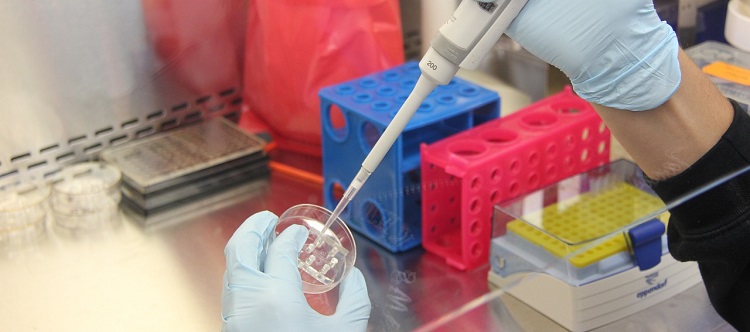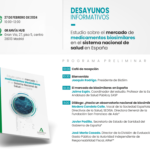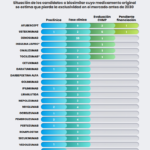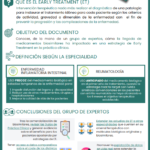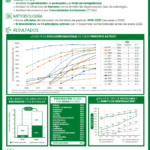There are only a few days left to close 2015, a year that would add some 227.000 new cases of cancer in Spain, according to data published by the Spanish Society of Medical Oncology (SEOM). These figures, together with the introduction of new treatments on the market together with the increase in prices, have fueled, even more if possible, the debate on the role of biosimilars.
Since Europe gave somatropin the 'green light' in 2006, other biosimilar medicines such as recombinant human erythropoietin (epoetin) and recombinant human granulocyte colony-stimulating factor (filgrastim) have been widely used in oncology, mainly as adjuvants in anemia and neutropenia induced by chemotherapy and radiotherapy.
Added to this experience is the loss of patents in the coming years for several biological drugs regularly used in this specialty: rituximab, trastuzumab and bevacizumab, among others.
The main advantage of the commercialization of monoclonal antibody biosimilars is the introduction of competition in the market with the consequent saving of costs in the treatments of this area, all with the guarantees of the European Medicines Agency (EMA).
According to the study 'Analysis of indirect costs: the case of cancer' prepared by the Gaspar Casal Foundation and recently made public, the total costs of cancer for the National Health System amount to 6.000 million euros per year.
Given this increase in cases and costs in an environment in which resources are limited, the need to introduce measures that guarantee equity and accessibility of patients to cancer treatments it is a priority.
However, it should be noted that in oncology the application of biosimilar drugs is not new. In addition, it has the pertinent guarantees of quality, safety and efficacy and is presented as a viable solution for the sustainability of the system without compromising the quality of cancer care.
